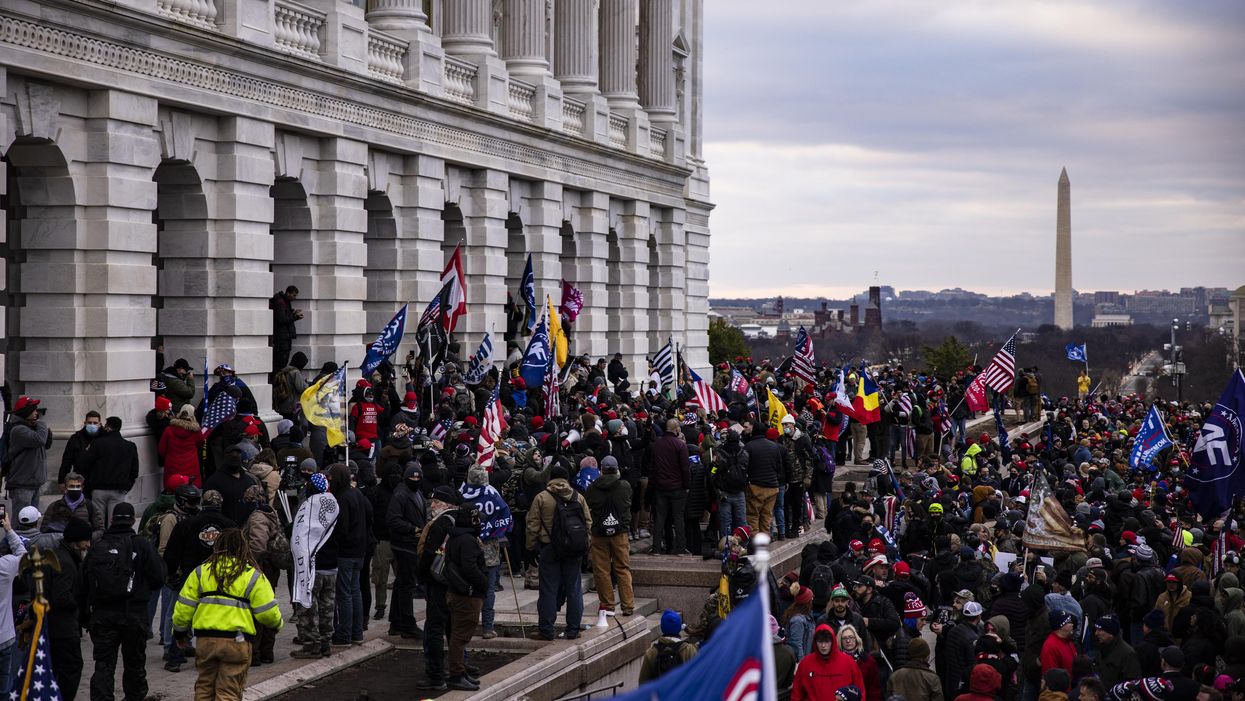The House voted Wednesday to establish an independent commission investigating the Jan. 6 insurrection at the Capitol. Thirty-five Republicans broke from the GOP leadership to join the Democratic majority in supporting the bill.
Some of these Republicans had previously broken with the party on major votes that defined their stance on democratic institutions, including two votes on the impeachment of Donald Trump as well as certification of the 2020 election results.
Use the chart below to see how each GOP member voted on these critical issues.
The legislation's chances of passing in the evenly split Senate remain slim.





















